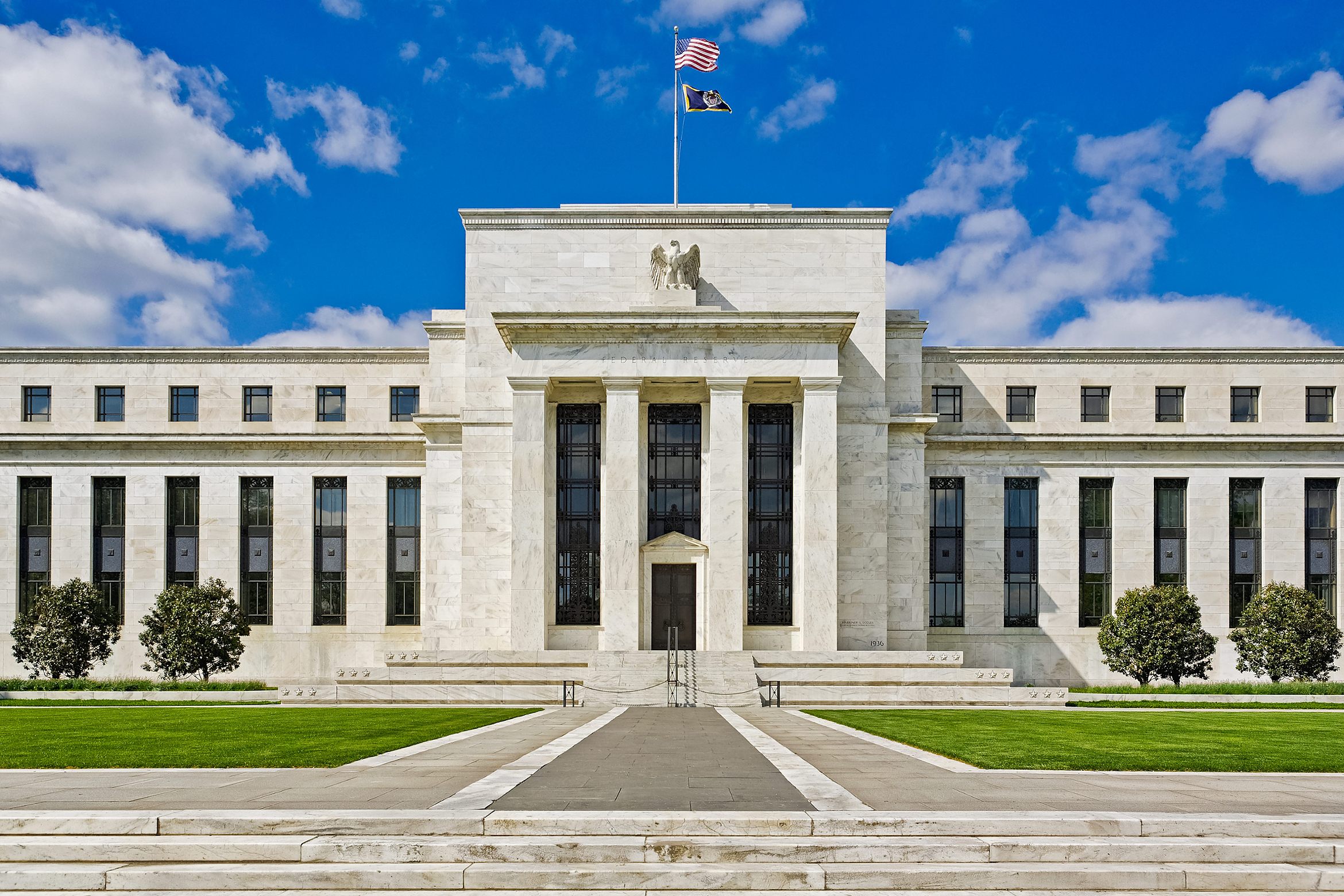
Veteran investors have been nervous on and off for several years about the risk of a potential bubble forming in the venture capital markets. That anxiety has been especially pronounced among VCs who saw their portfolio companies obliterated in the dot-com crash of March 2000.
Today those same industry veterans are increasingly vocal about the heightened risk of the market going through yet another sharp correction, drawing comparisons between 2000 and a hawkish Fed and the new wave of hyper-driven valuation increases.
For a time, many VCs worried about meager exits after building up massive gains on paper. That angst turned out to be unwarranted when liquidity finally took off in the past couple of years, with US VC exit values hitting $774 billion in 2021—most of it through public offerings, PitchBook data shows.
This helped venture capital outperform every other major asset class over the last few years, and, as a result, the industry attracted about three times more funding last year than in 2015.
There’s no denying that venture capital has expanded and thrived in ways that few could have predicted.
But despite notching hefty returns and raising record sums of capital, many veteran VCs are once again being haunted by the memories of historic debacles like Pet.com and Webvan.
The most recent causes for alarm are the stock market gyrations that began taking shape toward the end of 2021 and the highest inflation levels in decades.
In late November, Keith Rabois, a partner with Founders Fund, predicted that the stock market would correct by 25% and enterprise tech stock valuation multiples would revert to their historical mean. His comments drew scoffs from detractors.
By early January his prognostication appeared to be inching toward coming true as enterprise tech stocks dipped.
“Where are my market prediction critics now?” Rabois tweeted after the Nasdaq opened the new year by dropping nearly 10%. “This is 2000,” he added.
Rabois may currently be the loudest VC warning of gloom and doom, but many other seasoned investors share his concerns. Last month, Bill Gurley, a partner at Benchmark, told Harry Stebbings in a 20VC podcast that many aspects of the venture market today are reminiscent of 1999.
While few other investors are publicly calling a market top, pressure in the stock market should inevitably trickle down to late-stage venture assets.
After more than a decade of near-zero interest rates, the Federal Reserve has made it clear that it plans to raise them as it seeks to tame the highest levels of inflation since 1982.
The central bank’s new aggressive stance suggests that one of the main ingredients fueling investors’ zeal—nearly free capital—will now become a drag on prices. Anticipating higher interest rates, public markets have already bid down many stocks. And a softening of late-stage private valuations should follow based on historical trends and financial theory.
Although it seems as though the VC market is due for a reset, there are reasons to believe it could be relatively safe from a deep fall.
The ecosystem is flush with capital, including over $222 billion in untapped cash, according to the latest PitchBook-NVCA Venture Monitor. VCs, who raised nearly $130 billion last year, would likely be even more eager to deploy their funds at more reasonably priced levels.
Higher interest rates may actually save the VC market from driving up prices even further over the next couple of years. A pullback could put a damper on IPO activity. In this scenario, VCs may again have to endure a period without substantial liquidity. The current flock of unicorns is too large to be scooped up by tech giants who have been curtailing their M&A activity amid growing scrutiny by antitrust regulators.
But at least over the next few quarters, a full-scale correction probably isn’t in the cards. Unlike in 2000, technology is now a respected and robust industry with an established record for creating large companies. Investors won’t want to miss out on being a part of the next generation of hit tech businesses.


